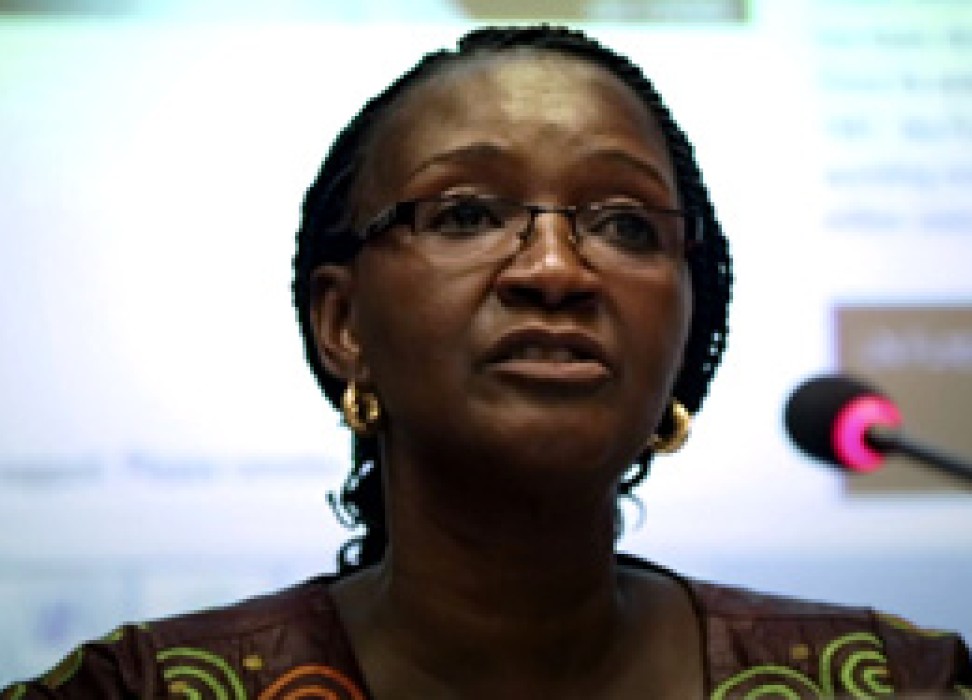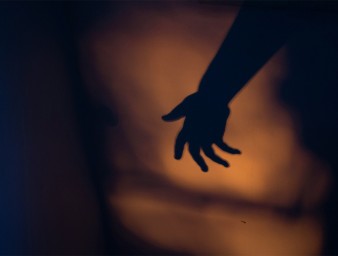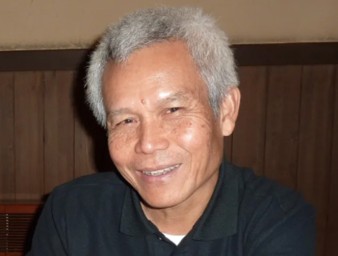Rebuilding lives after torture – Dieynaba’s story
15 December 2014

“It is often very difficult because the victim may not remember what happened. Because when the victim cries I sometimes cry as well. The victims’ state would sometimes be transferred onto me and come the evening, I felt as if I was the victim,” said Dieynaba Ndoye Dieng, Programme Director at VIVRE CAPREC.
Every year, VIVRE CAPREC provides medical, psychological and social care to 120 people affected by torture from across West Africa. Dieynaba was in Geneva last October to participate in the meeting of the Board of Trustees and State Representatives of the UN Voluntary Fund for Victims of Torture, which has supported her organization for several years.
The Fund is managed by UN Human Rights Office and provides direct humanitarian, medical, psychological, legal, social and financial assistance to victims of torture through NGOs, rehabilitation centres, victims' associations, hospitals and legal clinics.
Since its establishment by the United Nations General Assembly in 1981, it has awarded grants to more than 600 organizations assisting over 50,000 victims worldwide every year.
“I accompany the victim, little by little, until they themselves can pronounce the word that they keep inside but dare not admit for fear of being betrayed by their religion, their conscience, their community,” Dieynaba described. “They wait until they are ready to confide in us.”
She assists adults and children alike; the youngest victim she has encountered was 22 months old.
“No one is interested in working with victims. When we do this type of work we are often marginalised,” she added. “It is only when we come to Geneva that we realise that our work is important… we see all these people running around to defend universal values.”
Dieynaba revealed that it was when she started working for VIVRE CAPREC that she discovered practices she never thought existed.
“Torture exists and as long as there will be conflicts I think there will be torture; and there will be victims that will need to be supported and accompanied to relieve their suffering and allow them to build new lives,” she said.
You can help Dieynaba Ndoye Dieng and others like her to assist victims of torture by donating to the Fund: http://donatenow.ohchr.org/torture/.
For more information, visit www.ohchr.org/torturefund
15 December 2014



